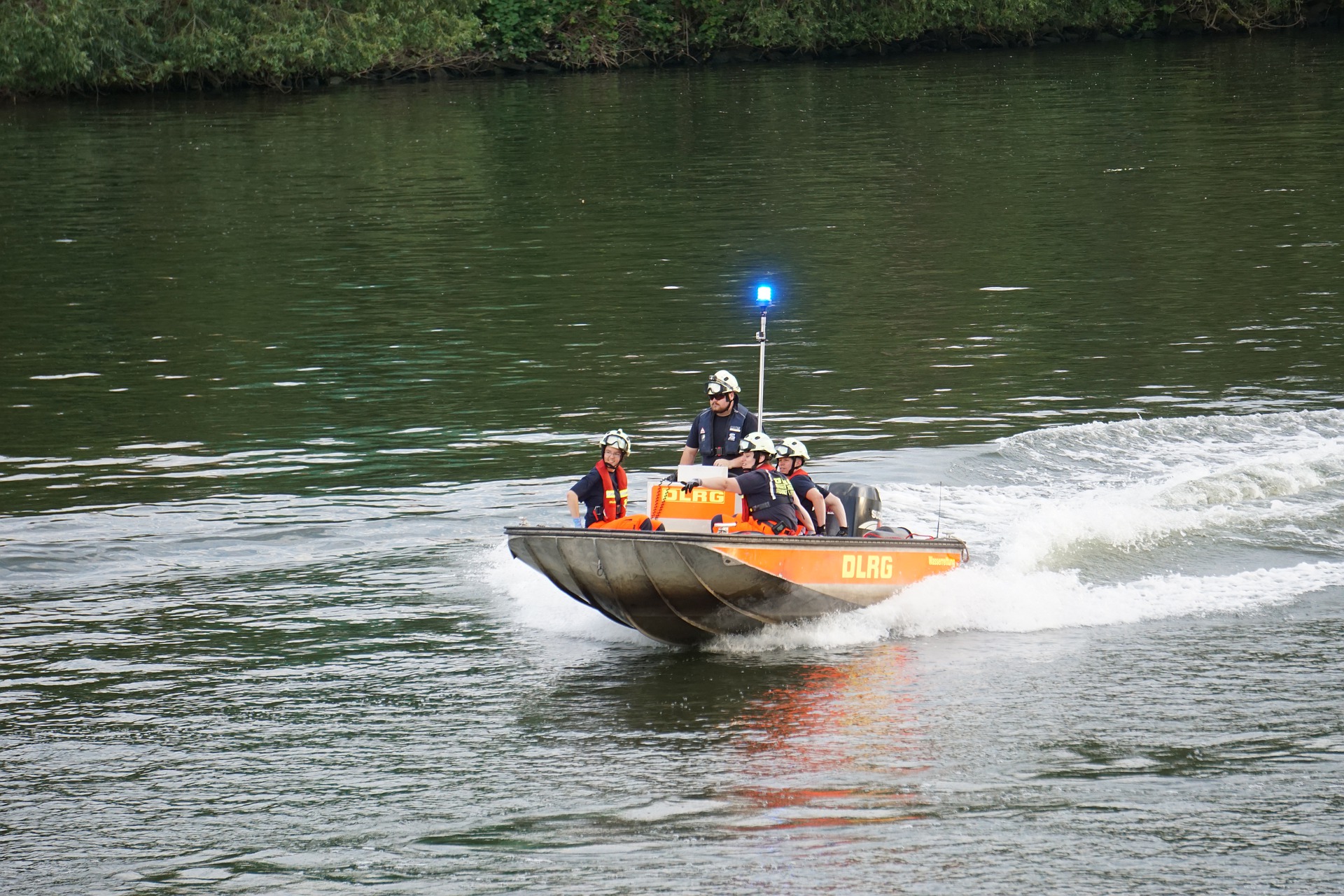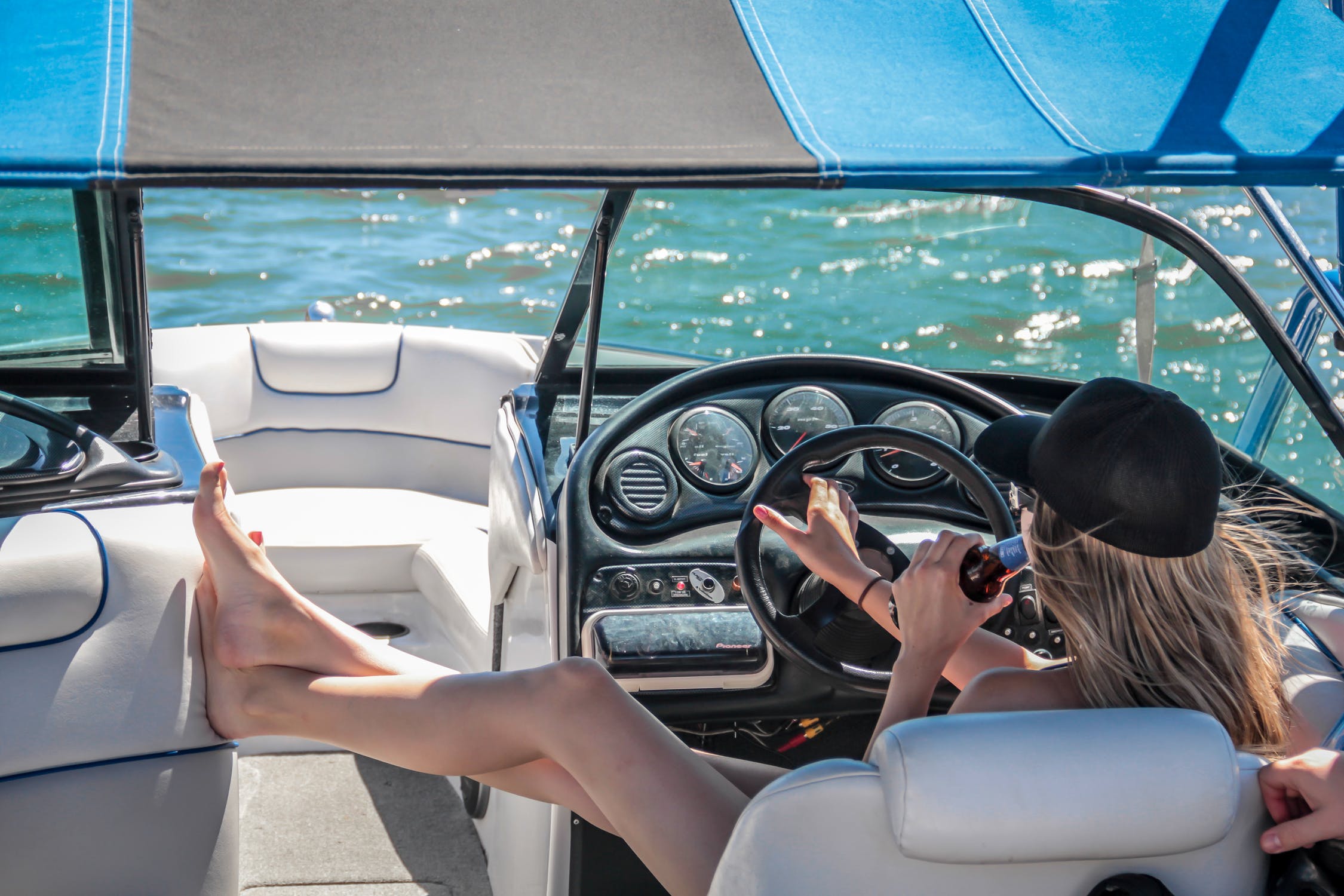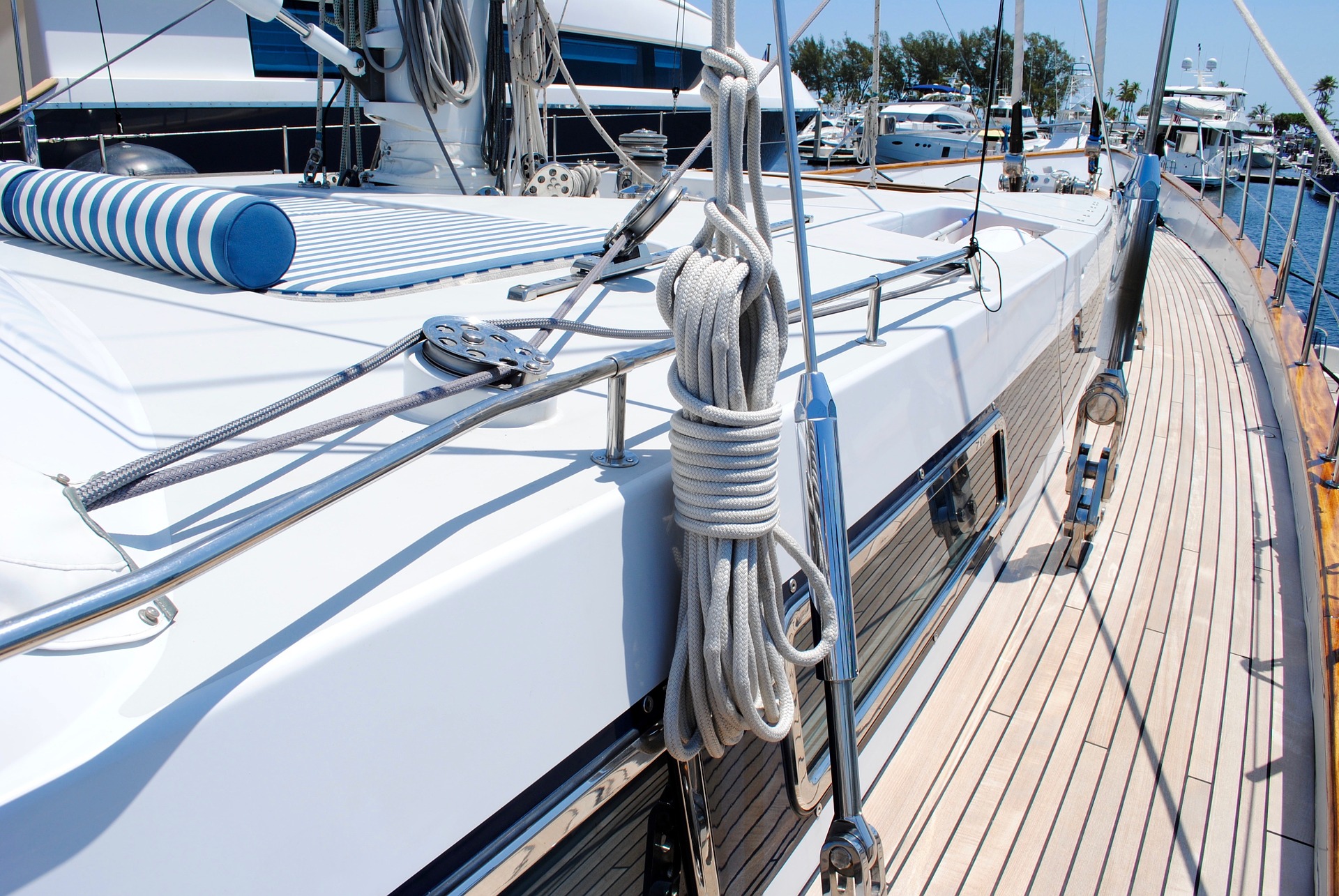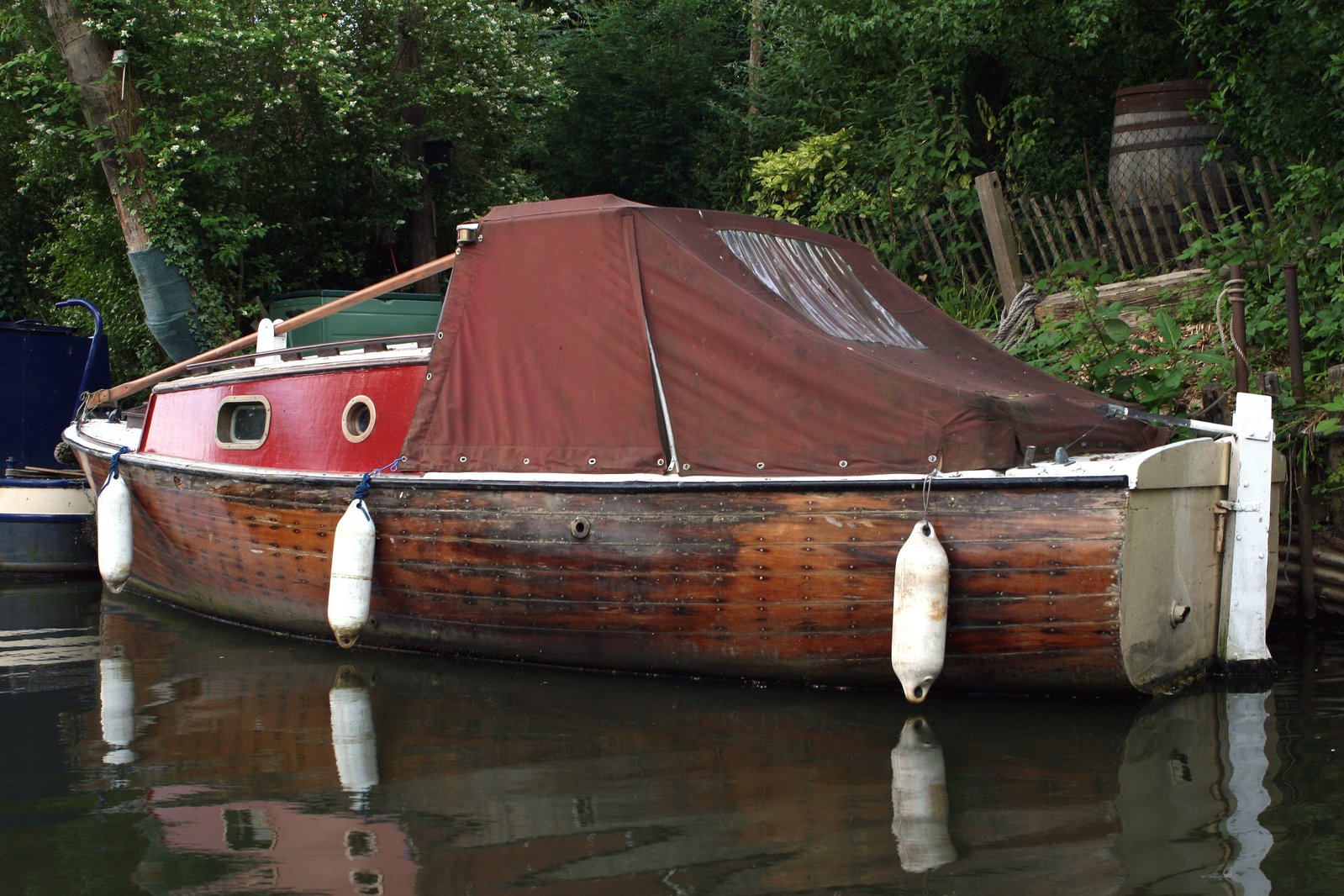
When it comes to boating, safety should always be our top priority. Though we can’t predict future events there are plenty of ways to prevent accidents.
In this article, we’ll discuss the top cause of boating accidents and what are the safety measures to prevent them.
PRIMARY BOATING ACCIDENT TYPES (2019)
As of 2019, the United States Coast Guard recorded the top five boating accident types:
| Accident Rank | Boating Accident Type | Number of Accidents | Number of Deaths | Number of Injuries |
| 1 | Collision with recreational vessel | 1071 | 47 | 650 |
| 2 | Collision with fixed objects | 493 | 44 | 326 |
| 3 | Grounding | 413 | 16 | 253 |
| 4 | Flooding/swamping | 399 | 45 | 124 |
| 5 | Falls overboard | 229 | 189 | 122 |
Source: uscgboating.org
#1 COLLISION WITH ANOTHER VESSEL
A total of 1,071 collision accidents (47 deaths and 650 injuries) were recorded last 2019. This includes all types of vessels including commercial, governmental, and recreational vessels.
Boaters can avoid collision accidents by simply understanding marine navigation rules when it comes to overtaking, crossing situations, navigation lights, and aids. It’s also important to maintain a watch and an appropriate speed to make sure that you’re in the right lane.
Listening and communicating through your VHF radio is also helpful to keep you aware and updated on the situation around your vessel.
#2 COLLISION WITH FIXED OBJECT
Accidents that involve collision to any fixed object above or below the surface of water ranked second place with 493 accidents, 44 deaths, and 326 injuries.
Avoiding fixed objects may sound easy but if the boater is not focused and lacks navigation skills, then we have a problem.
Depth sounders are a huge help when it comes to this kind of collision since they can determine the depth of the water and locate objects beneath the waves by transmitting acoustic waves into the water.
#3 GROUNDING
Grounding accidents happen when running vessels strike or pound on reefs, rocks, or shoals. This ranked at third place with 413 accidents, 16 deaths, and 253 injuries.
Just like collision with fixed object accidents, grounding can also be avoided by using marine devices such as depth sounder. A proper lookout is also helpful to make sure that you won’t strike anything underneath.
#4 FLOODING/SWAMPING
Flooding or swamping accidents happen when your vessel is somehow filled with water, regardless of method of ingress, but retaining sufficient buoyancy to remain on the surface.
Flooding or swamping may sound harmless but it ranked number four with 399 accidents, 49 deaths, and 124 injuries.
#5 FALLS OVERBOARD
Falls overboard accidents happen when any operator or passenger who falls off of the vessel. This type of accident is at the top five with 229 accidents, 189 deaths, and 122 injuries.
You can prevent this type of accident by simply following the rules when it comes to wearing the right life vests whenever your on your vessel.
TOP PRIMARY CONTRIBUTING FACTORS OF BOATING ACCIDENTS (2019)
| Accident Rank | Contributing Factor | Number of Accidents | Number of Deaths | Number of Injuries |
| 1 | Operator inattention | 546 | 36 | 296 |
| 2 | Improper lookout | 506 | 26 | 425 |
| 3 | Operator inexperience | 458 | 39 | 273 |
| 4 | Excessive Speed | 358 | 22 | 325 |
| 5 | Alcohol use | 282 | 113 | 221 |
| 6 | Machinery failure | 274 | 18 | 93 |
| 7 | Navigation rules violation | 235 | 21 | 141 |
| 8 | Weather | 184 | 31 | 58 |
| 9 | Hazardous waters | 170 | 48 | 87 |
| 10 | Force of wave/wake | 140 | 12 | 117 |
Source: uscgboating.org
CAUSE #1 – OPERATOR INATTENTION (546 accidents with 36 deaths and 296 injuries)
Failure on the part of the operator to pay attention to the vessel, its occupants, or the environment in which the vessel is operating is the top reason why boating accidents happen.
Proper training and knowledge are very important when it comes to boating so make sure you are skilled and aware of what you are doing before operating a boat by yourself.
CAUSE #2 – IMPROPER LOOKOUT (506 accidents with 26 deaths and 425 injuries)
This accident happens when the operator fails to perceive danger because no one was serving as a lookout, or the person so serving failed in that regard.
According to USCG, every vessel shall at all times maintain a proper lookout by sight and hearing to prevent the risk of collision. Using marine devices is great but a lookout is much better.
CAUSE #3 – OPERATOR INEXPERIENCE (458 accidents with 39 deaths and 273 injuries)
Operator inexperience accidents happen when lack of practical experience or knowledge in operating a vessel or, more particularly, the vessel involved in the accident.
That’s why it’s very important to know your vessel very well before doing any activities with your friends and family. Again, knowledge is everything when it comes to boating.
CAUSE #4 – EXCESSIVE SPEED (358 accidents with 39 deaths and 325 injuries)
Excessive speed is when a boater decides to increase his speed under unreasonable conditions. This is also the reason for most collision accidents and grounding.
CAUSE #5 – ALCOHOL USE (282 accidents with 113 deaths and 221 injuries)
Alcohol use is the leading known contributing factor in fatal boating accidents; where
the primary cause was known, it was listed as the leading factor in 23% of deaths.
Though it’s not illegal to drink on your vessel, keep in mind to drink moderately especially if you’re alone or if you’re the operator.
CAUSE #6 – MACHINERY FAILURE (274 accidents with 18 deaths and 93 injuries)
This happens when there are defects and failures in the machinery, material, or components installed by the manufacturer involved in the mechanical propulsion of the boat.
When it comes to this, proper tools and skills are needed to fix and prevent things from getting worse. Also, make it a hobby to check everything (engine, transmission, fuel system, electric system, and steering system) before sailing.
CAUSE #7 – NAVIGATION RULES VIOLATION (235 accidents with 21 deaths and 141 injuries)
Violation of the statutory and regulatory rules governing the navigation of vessels ranked at the top seven since most accidents happen when a boater violates a certain rule.
Rules are made for a reason, and that’s to prevent any accidents and unwanted events. Being unaware of navigation rules is a big NO and a foolish decision because you’re not only risking your life but also the lives of the people on your vessel.
CAUSE #8 – WEATHER (184 accidents with 31 deaths and 58 injuries)
As a contributing factor to an accident, “Weather” is supposed to signify a stormy or windy condition, usually connoting rough or high seas and dangerous operating conditions.
Checking the weather forecast daily can prevent you from experiencing storms in the water. Make sure that you check them a day before your boating trip.
CAUSE #9 – HAZARDOUS WATERS (170 accidents with 48 deaths and 87 injuries)
Rapid tidal flows (the vertical movement of water) and/or currents (the horizontal flow of water) resulting in hazardous conditions in which to operate a boat.
This is an unpredictable and uncontrolled factor that can affect almost all boaters. The best way for this condition is to be prepared and focused. Using marine devices is also helpful so you can have an idea of what’s the condition underneath.
CAUSE #10 – FORCE OF WAVE/WAKE (140 accidents with 12 deaths and 117 injuries)
The track in the water of a moving boat; commonly used for the disturbance of the water (waves) resulting from the passage of the boat’s hull.
Just like what I mentioned earlier, we can’t control these factors but what we can do is to be prepared mentally and physically. Have the proper training and read all guidelines when it comes to safety.
CONCLUSION
Boat safety is not a joke. If you’re a boat owner, make sure that you have passed all the requirements and formal training before operating. Remember, it’s better to be prepared for something that may never happen than not being prepared at all.
Do you have any thoughts about our list? Comment below!



